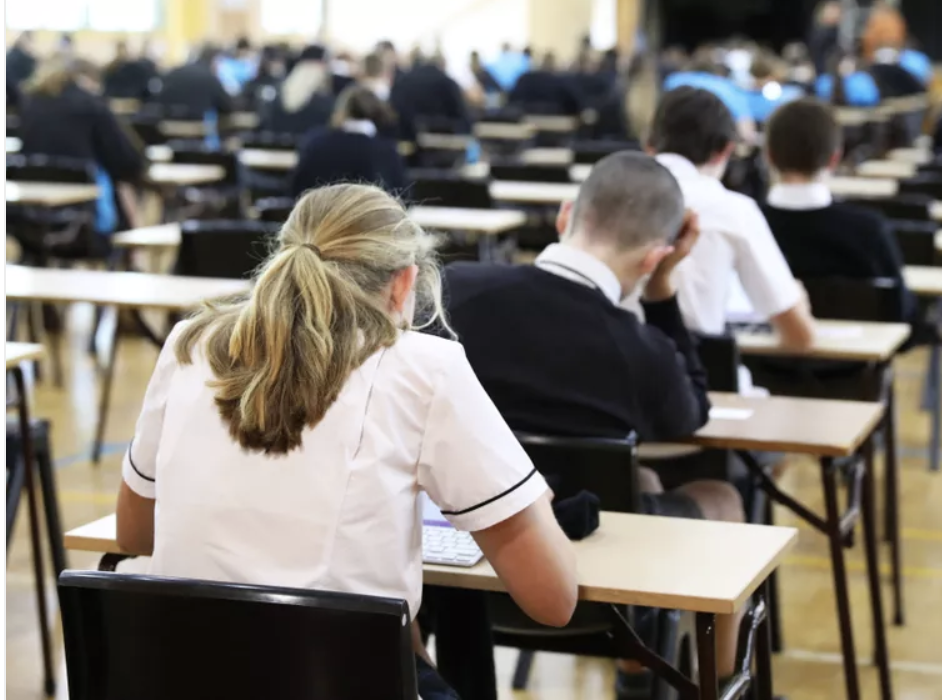
More than half a million 15-year-old students across the world (36 OECD countries and 43 other countries or economies) participated in the 2018 PISA test, whose results were published in December 2019. The PISA test (Programme for International Students Assessment) measures thinking and problem-solving in three areas: Maths, Reading and Science. The test revealed that many OECD countries – including Australia – are experiencing a declining trend.
In a recent article, UNSW Dr. Majeda Awawdeh pointed out that these countries experiencing a declining trend have one common factor: a disengagement and disinterest in teenagers towards school and education. The reality is that there are just too many educational and non-educational factors which affect performance, and it is very difficult to understand how these have an impact on students’ test results.
Interestingly, the countries going in the opposite direction and showing a positive trend also have one common factor: parents’ expectations. In Shanghai and Singapore for example, parents have high expectations of academic achievement, and there is a big focus on education, with a very high percentage of parents signing their children up for extra classes outside school hours. And that is not only true in East Asia.
Outside of East Asia, the small country of Estonia has become a top performer in the global education rankings. Mart Laidmets, the vice-minister of education and research in Estonia said: “Estonia does not have large amount of resources for education compared to some other countries, but Estonia spends it wisely – for increasing teachers’ salaries, creating learning materials or making our school network more efficient and building newer school buildings that need less resources to maintain.”
He also added that “The three pillars of the Estonian education system are the national curriculum, highly qualified teachers, and the third important aspect is parents who recognise that education gives people the chance to move forward and to reach their potential.” Could parents’ engagement in their children’s education be the determining factor in how well students do in schools?

Recent Comments